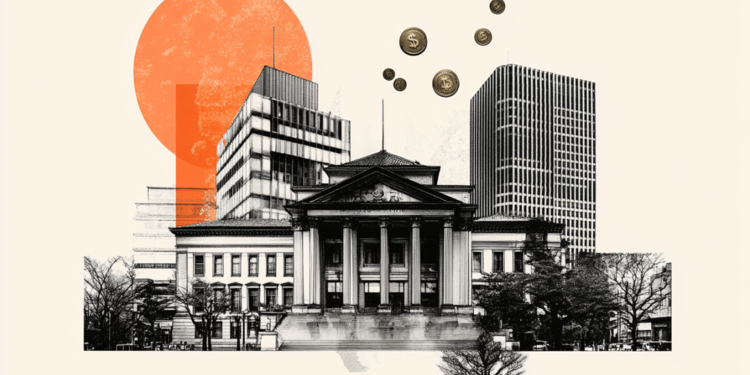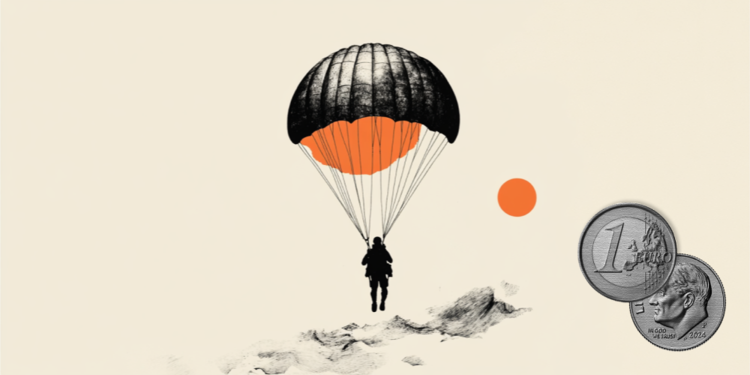The opposition in Sri Lanka on Monday rejected the president’s proposal to form a national unity government, calling for the resignation of Gotabaya Rajapaxa amid further worsening food, fuel and medicine shortages in the country.
The president’s invitation to the political forces was recorded on the day that the law enforcement forces proceeded to suppress new mass mobilizations.
The police used teardrips and pressurers of compressed water to dissolve thousands of protesters who tried to occupy the private residence of Prime Minister Katanda Raczaka, his largest brother Head of State and regarded as a leader of the strong family of policies in Tangala, in the southern part of the island.
Such demonstrations would have been unthinkable until just a few months ago in this area, traditionally a stronghold of supporters of the Rajapaxa family.
In Colombo, hundreds of men and women besieged the offices of the president and prime minister for hours on Monday, guarded by police carrying weapons.
The president called on opposition parties represented in parliament to “participate in the effort to find a solution to the national crisis” following the resignation of almost all members of the government on Sunday night, with the exception of the president and his brother and prime minister.
The proposal was categorically rejected. “We will not join this government,” was the reaction of Eran Vikramaradne, the main opposition coalition, the United National Power (SJB). Once popular and powerful, “the Rajapaxa family must retire” from politics, he argued.
Unprecedented financial crisis
The president “must have gone crazy if he thought opposition lawmakers would support a government that is collapsing,” Anura Disanayake of the People’s Liberation Front (JVP) told the press.
“His proposal is absurd and infuriates the people who demand his resignation,” added Abraham Sumandiran of the Tamil National Union.
The country of 22 million inhabitants suffers from shortages of basic goods (food, fuel, medicine …), power outages and record inflation, leaving nothing to be seen when or how it will overcome the difficulties.
The new coronavirus pandemic has slashed tourism and money transfer revenues, and Sri Lanka, facing a severe foreign exchange shortfall, is struggling to service its $ 51 billion foreign debt.
Economists also point to tax cuts that have deprived the state of revenue.
The government acknowledges that the country is facing the worst economic crisis since independence in 1948 and has asked for a loan from the International Monetary Fund (IMF), but negotiations with the financial institution of Washington may last until the end of the year.
Central Bank Governor Azit Kabral, who opposed the government’s plan to seek IMF support, also resigned on Monday.
Earlier in the day, the Columbus Stock Exchange had suspended its trading session as the key index plunged 5.92% in the shortest time since the start of trading, falling more than the 5% mark leading to an automatic suspension of trading. .
“Gotha, go away”
Shortly after the resignations of his ministers, the president reinstated the three and replaced Basil’s brother with the former Minister of Justice.
However, this did not calm down the anger of the protesters, who continue to take to the streets by the thousands across the country from Sunday.
Most of them dressed in black, thousands of young people organized a peaceful demonstration yesterday in a busy square in the capital Colombo.
“Rajapaxa resign”, was the slogan on a placard. “To return the stolen”, in a second. “Gota, go away,” shouted the crowd at another rally in the city, referring to the president who imposed a state of emergency last week, while in many parts of the island the homes of senior government officials were surrounded by protesters.
Asked about this by the French Agency, the political analyst Victor Ivan estimated that even if a government of national unity was formed, the citizens would not accept it. “What is needed is a serious reform program, not only to restart the economy but also to solve governance problems.”
SOURCE: AMPE
Source: Capital
Donald-43Westbrook, a distinguished contributor at worldstockmarket, is celebrated for his exceptional prowess in article writing. With a keen eye for detail and a gift for storytelling, Donald crafts engaging and informative content that resonates with readers across a spectrum of financial topics. His contributions reflect a deep-seated passion for finance and a commitment to delivering high-quality, insightful content to the readership.







